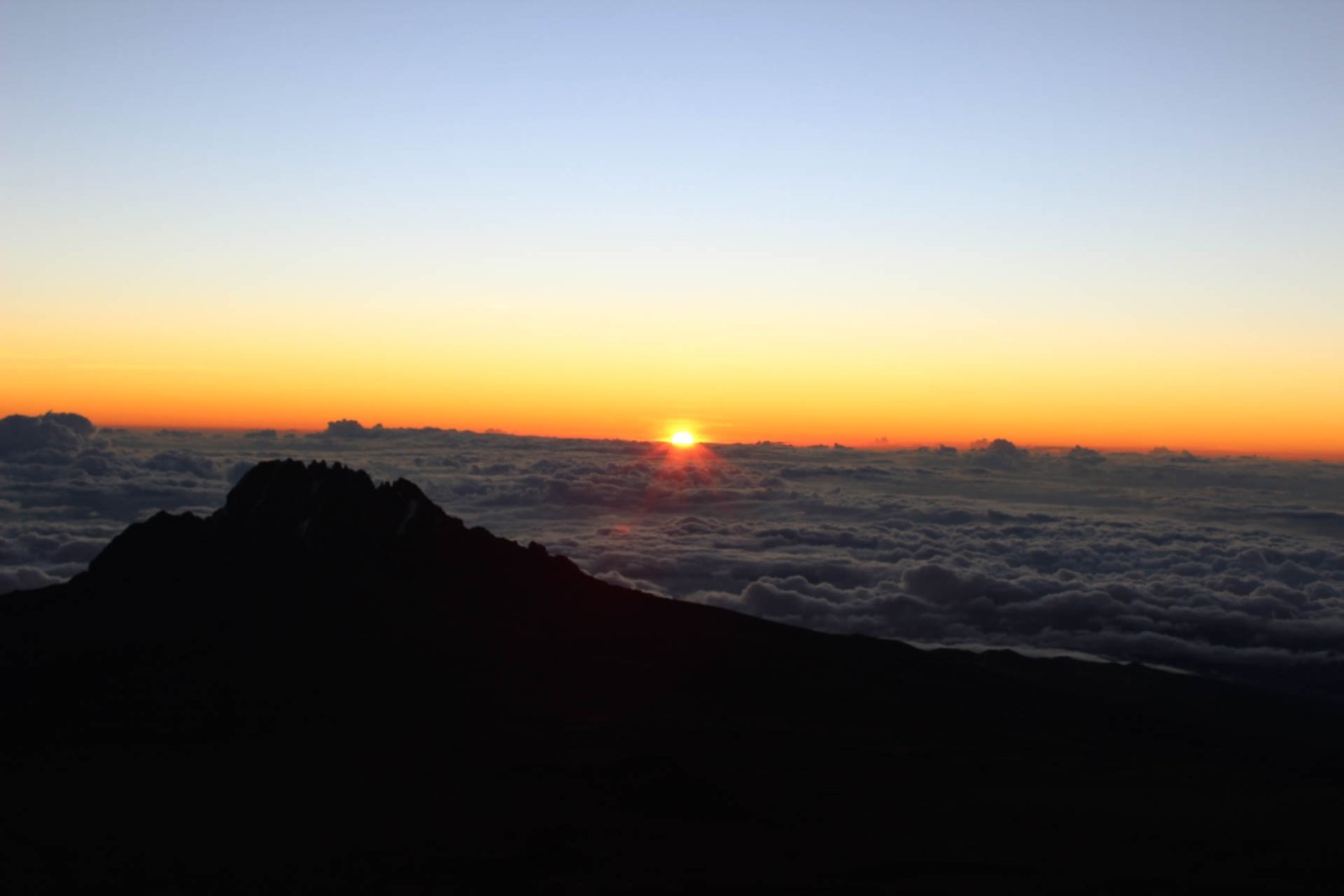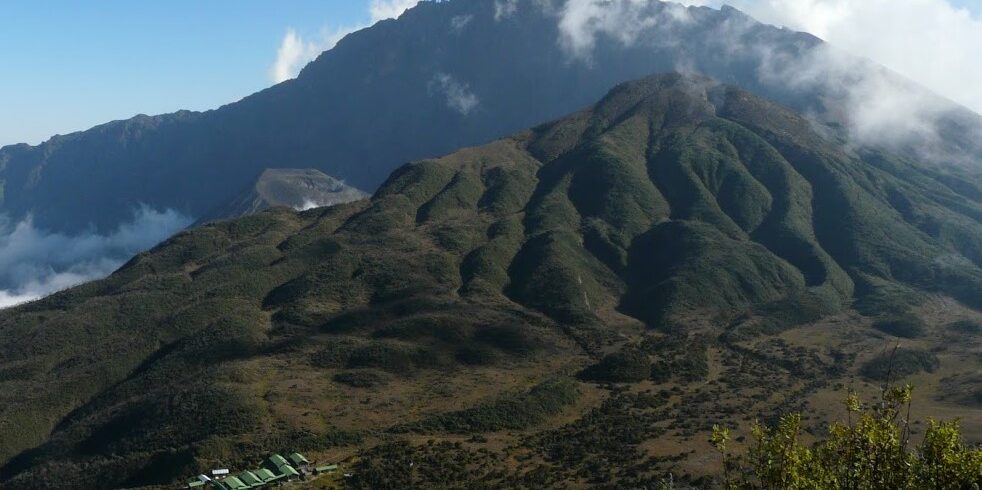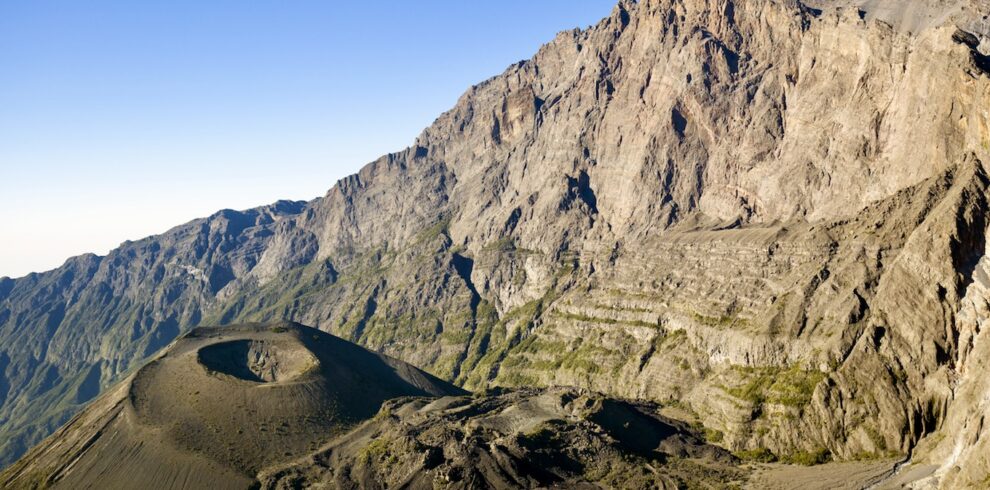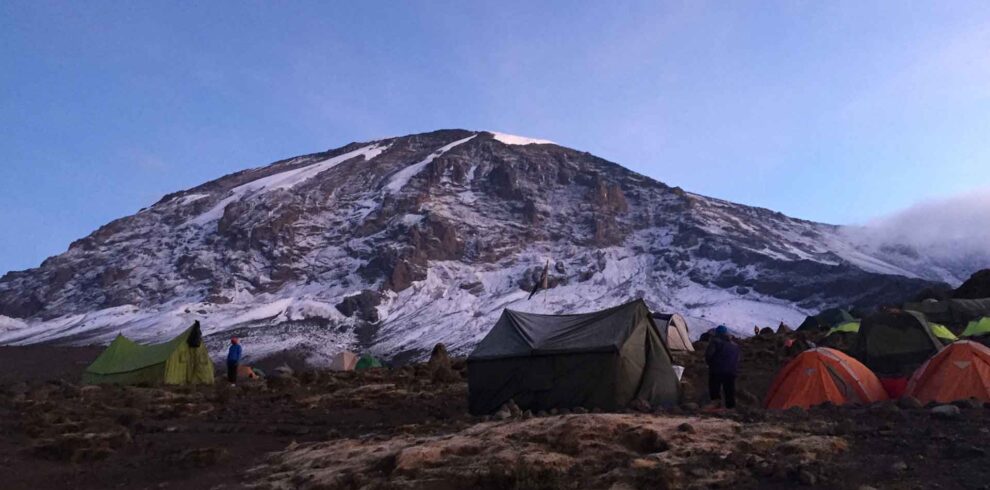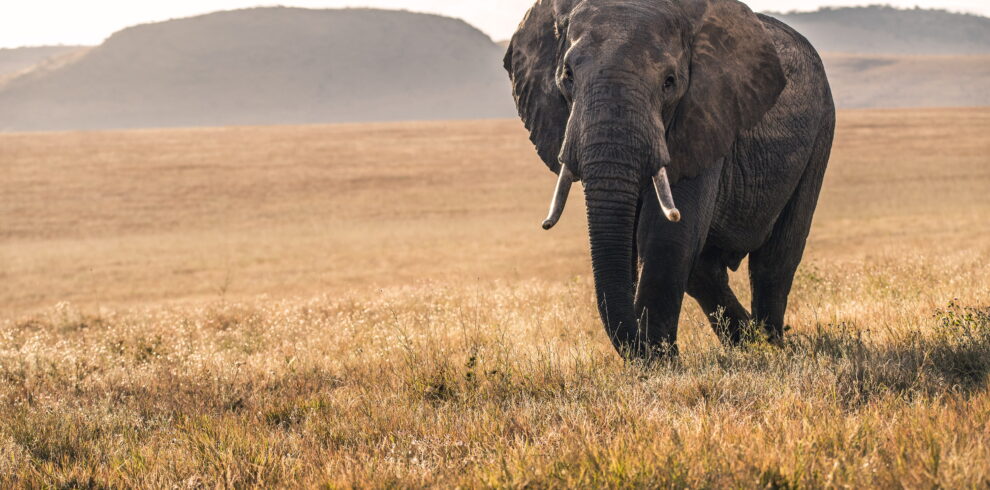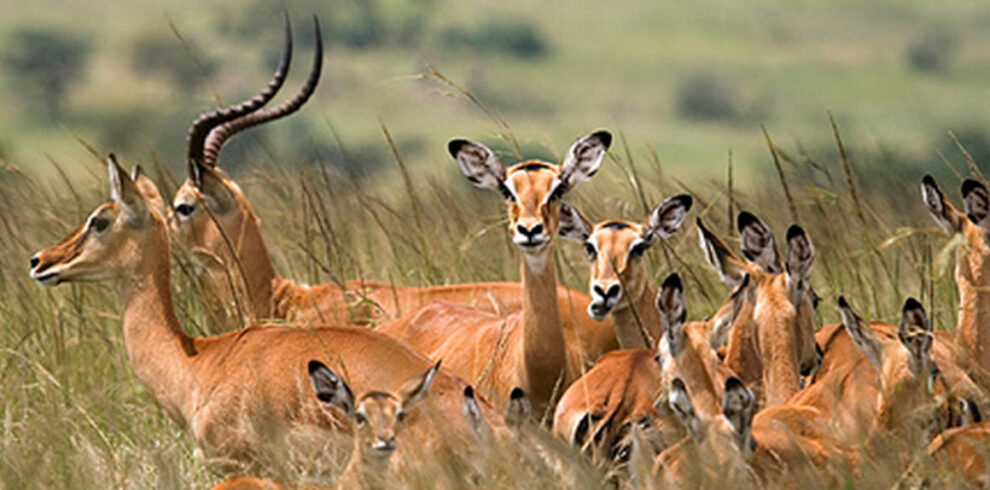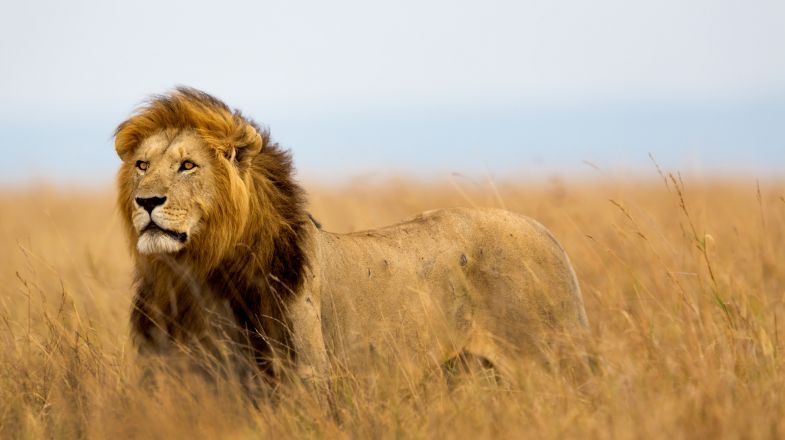On the first day of your climb, you’ll be transferred to the Rongai Gate, located on the northern side of Kilimanjaro. After completing registration, your ascent begins with a steady 4–5-hour hike through lush rainforest, which offers a beautiful introduction to the diverse ecological zones of the mountain. Along the way, you might spot wildlife such as monkeys and various bird species. Upon reaching Simba Camp at 2,650 meters, your team will have tents set up, and hot tea will be waiting to help you relax. Enjoy your first mountain dinner, rest, and prepare for the adventure ahead.

